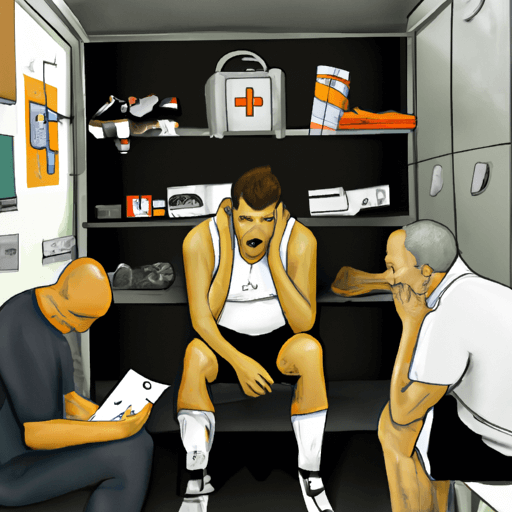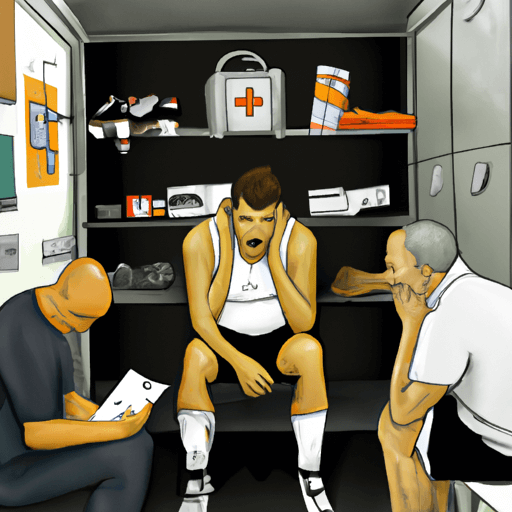The Psychological Impact of Sports Injuries on Athletes
By Experienced Sportswriter OR Psychologist
Introduction
It is common knowledge that sports injuries can lead to physical damage and pain. However, less obvious is the profound psychological impact they can have on an athlete's mental health - aspects such as stress, depression, anxiety, and lack of self-esteem are not uncommon. This article delves deep into the psychological fallout of sports injuries, based on solid research and expert opinions.
The Impact of Sports Injuries on Mental Health
Injuries can be mentally devastating for athletes. The sudden shift from full activity to forced rest can cause stress and anxiety. Moreover, chronic injuries can lead to depression, damaging an athlete's self-esteem and self-worth. Fear is another emotional response to injury, with athletes becoming anxious about re-injury or performance standard upon return.
Process of Psychological Recovery
Psychological recovery does not necessarily mirror physical recovery. It's common for athletes to feel mentally stuck even when their bodies are ready to move. Encouraging a proactive attitude towards injury rehabilitation is key; setting realistic goals, focusing on things within the athlete's control, and promoting resilience help with this.
Coping Strategies to Combat Psychological Consequences
Many coping strategies can assist athletes in balancing their mental health. From cognitive behavioral techniques - learning to divert negative thoughts, for example - to mindfulness training and relaxation methods, these can all be successful. Emotional support from coaches, fellow athletes, friends, and family is paramount to overcoming challenges.
The Role of Psychological Support For Athlete's Recovery
Professional psychological help can play a significant role in an athlete's injury recovery process. It is essential to integrate this support alongside physical, allowing an athlete to effectively recover holistically. Sports psychologists can provide strategies and techniques designed to help athletes recover from their injuries and return to their optimal performance and well-being levels.
Conclusion
Recognizing the psychological impact of sports injuries on athletes is as crucial as acknowledging their physical challenges. Addressing these mental struggles head-on with effective coping strategies, a proactive attitude, and professional psychological support, can significantly improve an athlete's recovery and overall well-being.
















Comments
Leave a Comment